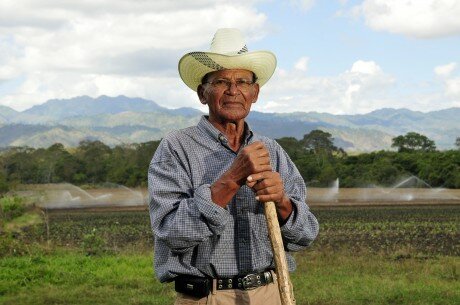Context

The coming decades will require unprecedented change in global agri-food systems. Business as usual is not an option if global food security is to be assured. The focus of innovation and growth in the agri-food sector must be on how to feed 9 billion in an inclusive and sustainable way, and how to get there fast. A key sustainability factor will be the ways the less wealthy 5-6 billion people are included in business, as both producers and consumers. Scaling inclusive business will, simply, be a good business proposition for the future. It will also be a humanitarian must if 9 billion people are to be fed and wide-scale hunger and poverty is to be avoided.
The big question for the coming decades is how to achieve the scale of change needed and quickly enough. Where are efforts so far remaining small ‘islands of success’ and where are they adding up to a ‘sea of change’? What inspirational examples are emerging from the past decade’s efforts? What ideas could be adapted, mutated or cross-pollinated? And where do those with experience see the opportunities for rapidly putting good ideas into practice at larger scale.
Finding practical and workable ways forward is an immense innovation agenda. Scaling up inclusive business requires new models of business, innovative financing mechanisms, effective public private partnerships, supportive policies and mobilisation of peoples’ capacities. While profitable business will be a major motor of change, creating the enabling conditions is a joint task between public, private and NGO sector players. Much remains to be learned about getting these partnerships right and how the different players can most effectively play their role.





